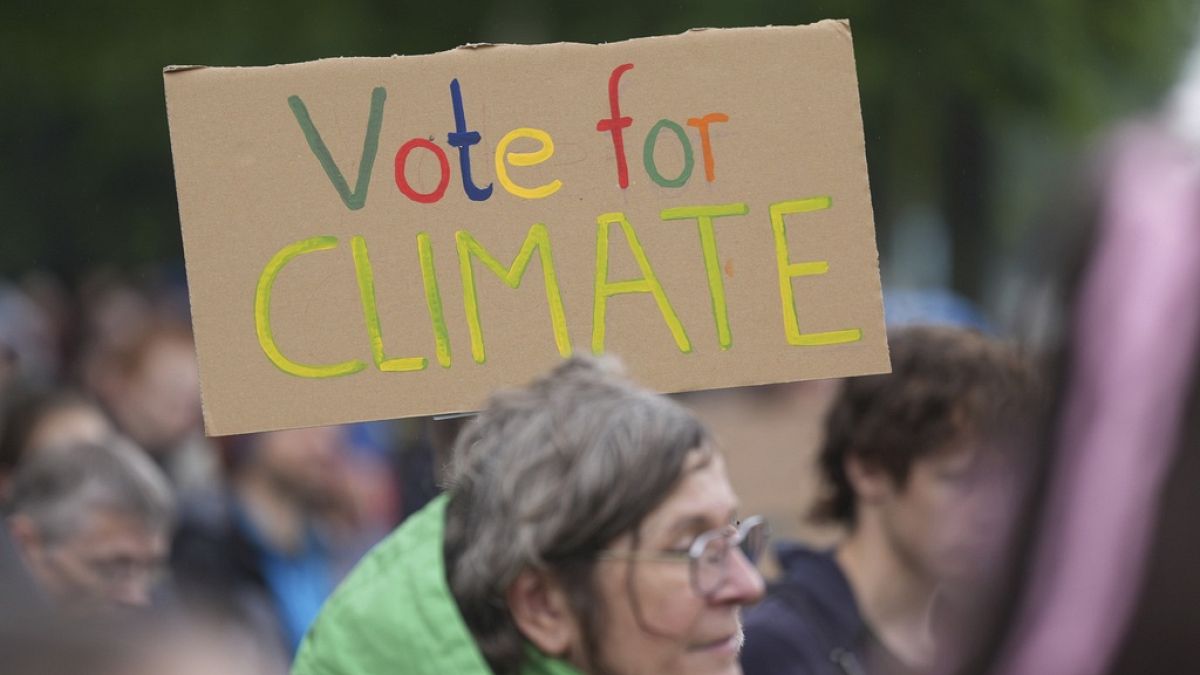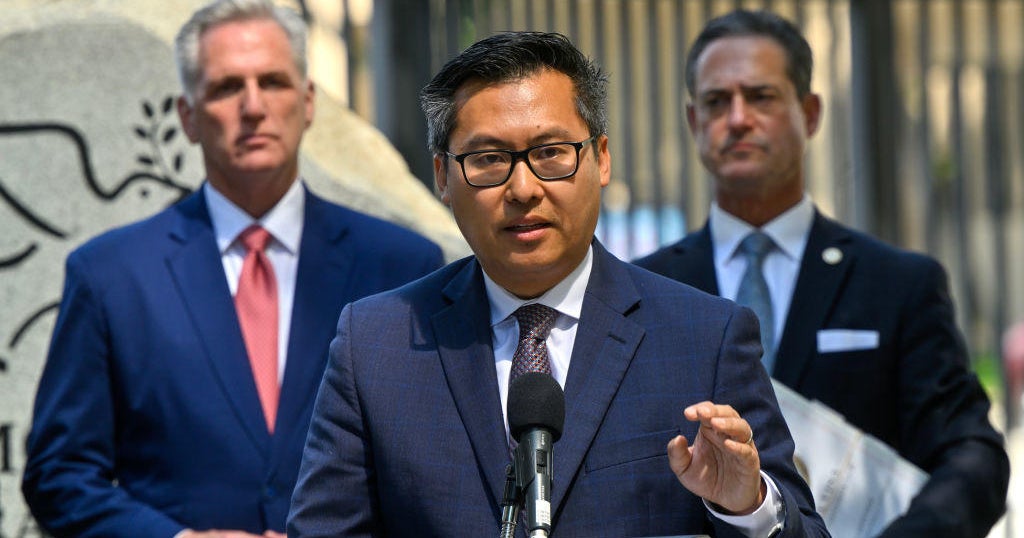State regulators will vote next week on new rules that would require utility companies to implement various power-saving measures and technologies.
The Louisiana Public Service Commission is expected to adopt the long-awaited energy efficiency resource standards (EERS) when it convenes Wednesday. The LPSC hired a consultant 13 years ago to write the EERS policy and allow Louisiana to join the majority of other states that have successfully implemented similar programs.
“It’s going to be great for the people of Louisiana,” Commissioner Davanté Lewis said.
The commission has paid more than $700,000 to the Georgia-based consulting firm J. Kennedy & Associates to create the policy in a lengthy process that has seen a number of delays over the years. Some commissioners accused the consultant of writing rules that benefit the utility companies rather than the customers, prompting them to request revisions to the final draft.
Consultant spends 13 years, nearly $600,000 drafting energy efficiency rules
The EERS are the second phase of what’s called the “Quick Start” program. The first phase, which the LPSC adopted in 2012, was voluntary for utility companies and was supposed to last just two years. It encouraged utilities to spend small amounts on rudimentary initiatives such as customer rebates for more efficient light bulbs.
As drafted, the EERS would be mandatory for utilities under the commission’s jurisdiction, including Entergy Louisiana and Cleco. It would require them to contribute up to 1.5% of their revenue to fund the program and meet certain energy savings targets each year.
However, the utility companies can pass their costs down to their customers and have been doing so for years. Entergy Louisiana customers can find the energy efficiency fees on their monthly bill under the line items “Rider EECR-QS” and “Rider EECR-PE.”
The draft rule would allow the LPSC to hire a third-party administrator to design and implement the intricacies of the program and monitor utilities for compliance and progress. Utility companies have been strongly opposed to the idea of a third-party administrator monitoring their compliance.
Need to get in touch?
Have a news tip?
“Injecting an unknown third party will cause confusion to the customers and result in a loss of momentum in terms of EE [energy efficiency] adoption and acceptance,” Entergy spokesperson Brandon Scardigli said in a September email.
The EERS program, in general, has faced opposition from the utilities because energy efficiency improvements mean ratepayers will consume less energy. So there is an inherent conflict for an investor-owned utility company to encourage its customers to use less electricity by becoming more efficient.
A major point of contention in the proposal would allow the utility companies to charge customers additional fees to make up for any money they lose from the fixed costs of energy efficiency improvements. Fixed costs do not include the costs of fuel and power on the market, among other things.
Commissioner Lewis said he is “deeply in favor” of the EERS program but plans to offer an amendment to remove the revenue recovery provision. Customers shouldn’t have to return any of the money they’re saving from the program, he said.
Logan Burke, executive director of the Alliance for Affordable Energy, is also against the provision.
“Entergy argues it needs to cover its fixed costs or it will have to raise rates,” Burke said. “We argue utilities are not guaranteed a return. They are given an opportunity to earn a return.”
































